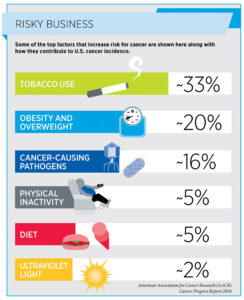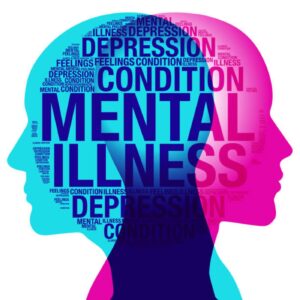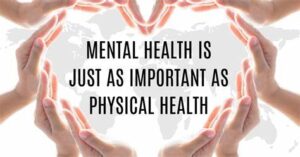The Impact of Combined Alcohol and Smoking Habits on Long-Term Health Risks
THE IMPACT ON ADDICTION OF BAD HABITS
Compared to using each substance on its own, the effects of mixing alcohol and tobacco include increased risk for serious health problems in the long term. An example is the development of a substance use disorder (SUD), or addiction, to both substances.
- Increased Risk of Cancer:

Smoking and drinking alcohol together significantly increase cancer risk more than either habit alone. Alcohol can make tissues more vulnerable to harmful chemicals in cigarette smoke, which can lead to more severe cell damage and a higher chance of developing cancers like those of the mouth, throat, and esophagus. This combined effect makes the risk of cancer much greater for people who both smoke and drink compared to those who do only one of these activities. Reducing both smoking and alcohol consumption is essential for lowering cancer risk.
- Cardiovascular Health:

Your cardiovascular health revolves around the health of your circulatory system, which involves your heart, blood, and blood vessels (arteries and veins). Together they work together to pump blood to your lungs, where the blood receives an influx of oxygen. That oxygen-rich blood, as well as vital nutrients, is then circulated to the cells throughout your body. In addition to keeping your heart beating (and thus your blood pumping), this process is vital to so many bodily functions, like removing waste from your cells, maintaining your body temperature, and helping other essential systems, like your endocrine system, work properly.
- Addictive Behaviors:

Addiction is a chronic disease characterized by compulsive engagement in rewarding behavior despite adverse consequences. People with addiction continue to use a substance or engage in a behavior even when it causes problems in their lives.
- Mental Health:

Your mental health is an important part of your well-being. This aspect of your welfare determines how you’re able to operate psychologically, emotionally, and socially among others . Considering how much of a role your mental health plays in each aspect of your life, it’s important to guard and improve psychological wellness using appropriate measures.Because different circumstances can affect your mental health, we’ll be highlighting risk factors and signs that may indicate mental distress. But most importantly, we’ll dive into why mental health is so important.
- Public Health Strategies:

Whether young or old, the importance of mental health for total well-being cannot be overstated. When psychological wellness is affected, it can cause negative behaviors that may not only affect personal health but can also compromise relationships with others. Below are some of the benefits of good mental health. When mental and emotional states are at peak levels, the challenges of life can be easier to overcome. Where alcohol/drugs, isolation, tantrums, or fighting may have been adopted to manage relationship disputes, financial woes, work challenges, and other life issues—a stable mental state can encourage healthier coping mechanisms.
Share this:
Category
- ! Без рубрики
- 1
- 2
- AI in Cybersecurity
- Alcohol Awareness
- Best way to quit alcohol
- bhnov
- blog
- Bookkeeping
- Budgeting Tips
- chnov
- Deaddiction center
- diabetes
- ed
- Financial Independence
- FinTech
- Forex Trading
- fr
- Healthy Life
- hello world
- How to quit alcohol
- IT Vacancies
- IT Образование
- Mindful Spending
- Money Management
- Money-Saving Strategies
- New Post
- nl
- pbnov
- Personal Finance
- potency
- punov
- rybelsus
- se
- Smart Money Choices
- Sober living
- Sober Savings
- Software development
- test content
- Wealth Building
- Форекс Обучение